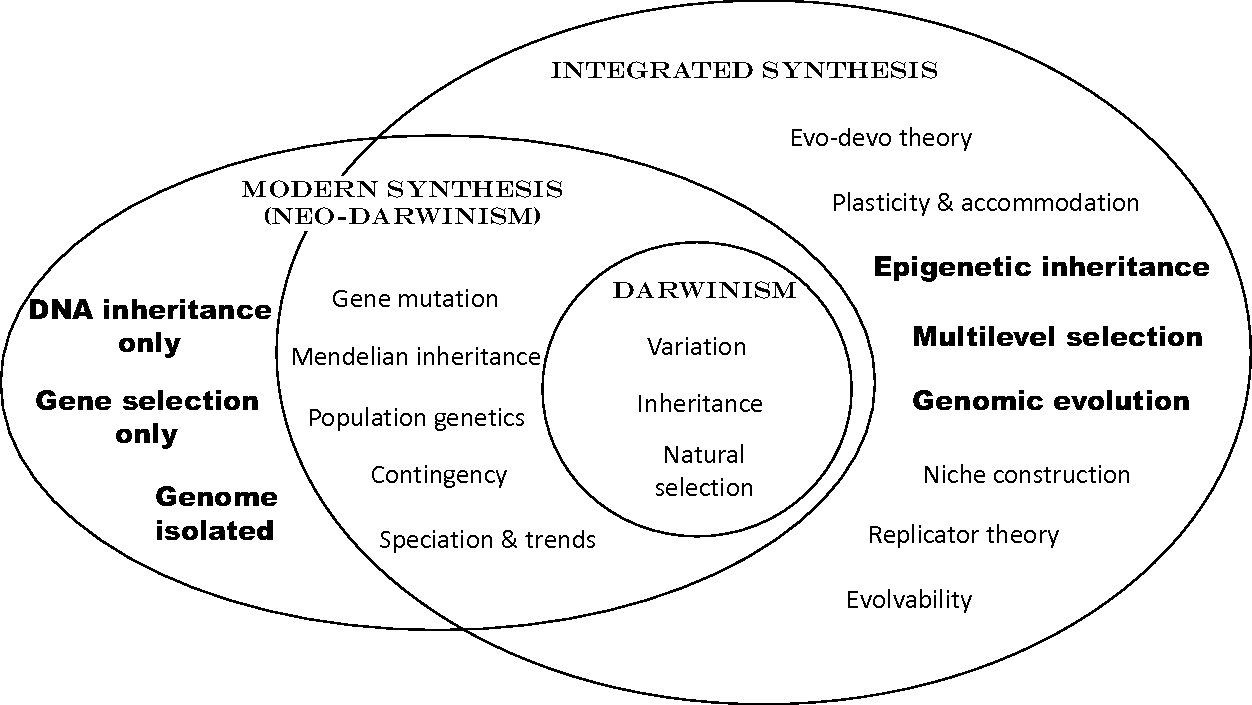The extended evolutionary synthesis: An integrated historical and philosophical examination
Yafeng Shan
First published: 12 June 2024
https://doi.org/10.1111/phc3.13002

Image/Imagem: Cambridge University
Abstract
Among biologists and philosophers, there is an ongoing debate over the Modern Synthesis and the Extended Evolutionary Synthesis. Some argue that our current evolutionary biology is in need of (at least) some substantial revision or nontrivial extension, while others maintain that the Modern Synthesis remains the foundational framework for evolutionary biology. It has been widely debated whether the Extended Evolutionary Synthesis provides a more promising framework than the Modern Synthesis. The nature and methodological implications of the Extended Evolutionary Synthesis were also examined. This paper offers an integrated historical and philosophical examination of the debate over the Extended Evolutionary Synthesis. It reviews the development of evolutionary biology of the twentieth century. It argues that there are substantial conceptual and theoretical differences between the Modern Synthesis and the Extended Evolutionary Synthesis, but they are not incommensurable paradigms in the Kuhnian sense. It also argues for a functional approach to the debate over these two frameworks of evolutionary theory.
FREE PDF GRATIS: Philosophy Compass



